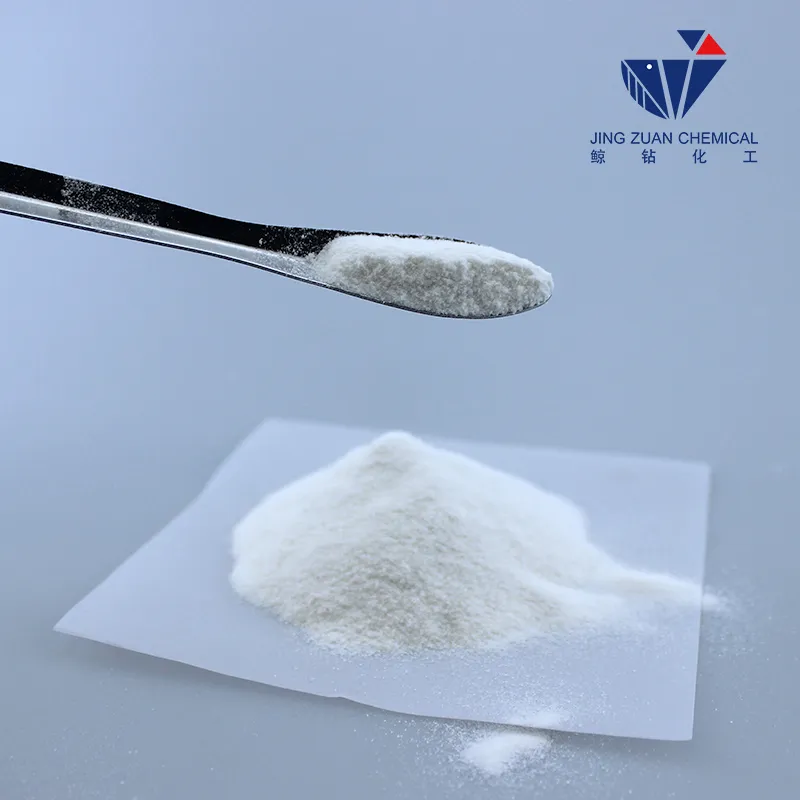
Дек . 03, 2024 18:58 Back to list
hpmc 200000
Exploring HPMC 200000 The Versatile Polymer in Modern Applications
Hydroxypropyl methylcellulose (HPMC) is a widely used polymer with a range of applications in various industries, from pharmaceuticals to construction. One specific grade, HPMC 200000, stands out due to its unique properties and characteristics, paving the way for innovative solutions across diverse fields.
HPMC is a semisynthetic, non-ionic polymer derived from cellulose, a natural polymer found in the cell walls of plants. Its modification through hydroxypropyl and methyl substitution imparts distinct attributes such as solubility in both cold and hot water, gel-forming ability, and excellent film-forming properties. HPMC 200000, with its high molecular weight, offers enhanced viscosity and superior thickening capabilities.
Exploring HPMC 200000 The Versatile Polymer in Modern Applications
In addition to pharmaceuticals, HPMC 200000 plays a significant role in the food industry. It is commonly used as a food thickener, emulsifier, and stabilizer. Its unique properties allow it to maintain the texture and consistency of various food products while improving mouthfeel. Moreover, HPMC is recognized as a safe food additive, approved by regulatory agencies worldwide, which further enhances its desirability in food formulation.
hpmc 200000

The construction industry also benefits from HPMC 200000, particularly in the production of adhesives, sealants, and cement-based products. It serves as an essential additive that improves water retention, workability, and adhesion properties of construction mixtures. This is particularly advantageous in dry-mix mortar applications, where it helps maintain moisture during the curing process, ensuring proper strength development.
Another remarkable application of HPMC 200000 is in the cosmetic and personal care sectors. It serves as a thickening agent and stabilizer in creams, lotions, and gels, enhancing their texture and performance. Its ability to form films contributes to the longevity and stability of cosmetic products, catering to consumer demands for efficacy and quality.
The increasing trend towards sustainability has also impacted the use of HPMC 200000. As a cellulose-derived polymer, it aligns with the growing demand for eco-friendly and biodegradable materials. Unlike synthetic polymers, HPMC is biodegradable, making it an attractive option for formulations aimed at minimizing environmental impact.
In summary, HPMC 200000 is a versatile polymer that finds extensive usage across various industries. Its unique properties, such as high viscosity, solubility, and biodegradability, make it a preferred choice for formulators seeking to develop high-quality products. Whether in pharmaceuticals, food, construction, or personal care, HPMC 200000 plays a crucial role in enhancing performance and delivering innovative solutions. As industries continue to evolve, the significance of HPMC 200000 is likely to grow, highlighting the ongoing need for research and development in polymer science. The future promises even more exciting applications and advancements, solidifying HPMC 200000's position as a key player in the field of materials science and engineering.
-
Unlocking the Benefits of HPMC Products: A Gateway to Versatile Applications
NewsAug.07,2025
-
Unleashing the Potential of HPMC Ashland: A Comprehensive Look
NewsAug.07,2025
-
Tile Bonding Cellulose: The Key to Superior Adhesion and Durability
NewsAug.07,2025
-
Hydroxypropyl Methylcellulose Powder: The Versatile Component in Modern Pharmaceuticals
NewsAug.07,2025
-
Hydroxyethyl Cellulose: The Versatile Solution for Various Industries
NewsAug.07,2025
-
Hydroxyethyl Cellulose (HEC): The Versatile Polymer for Various Applications
NewsAug.07,2025







